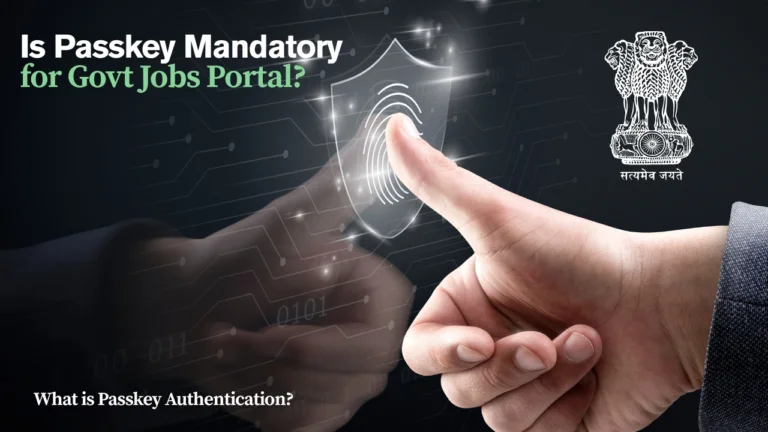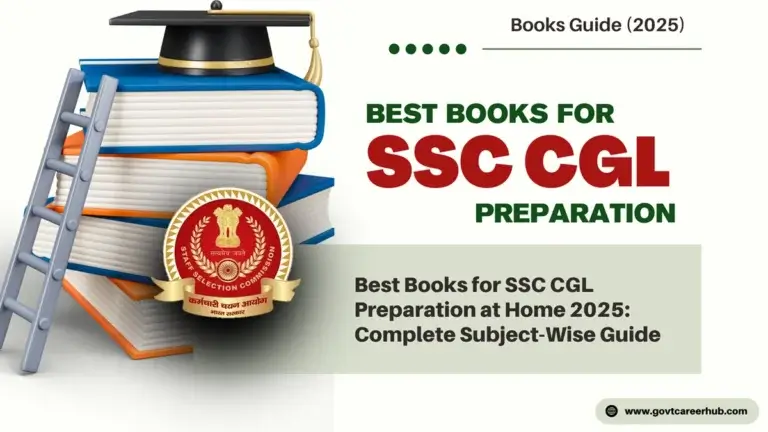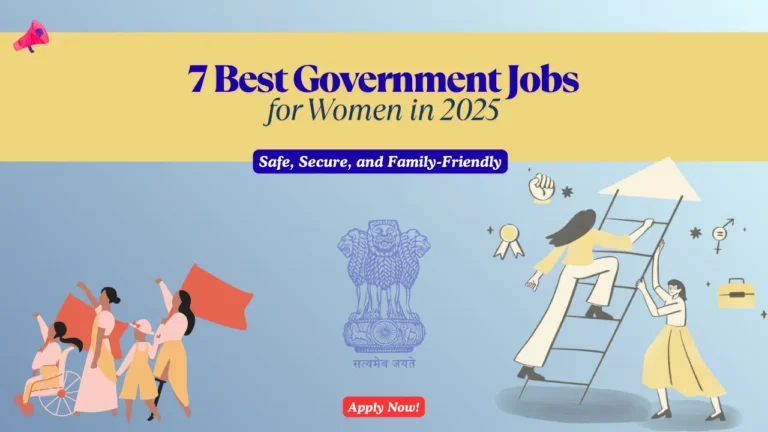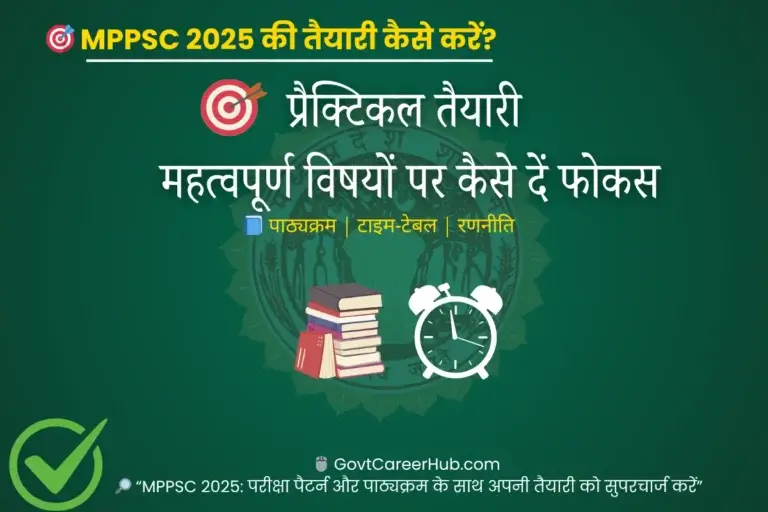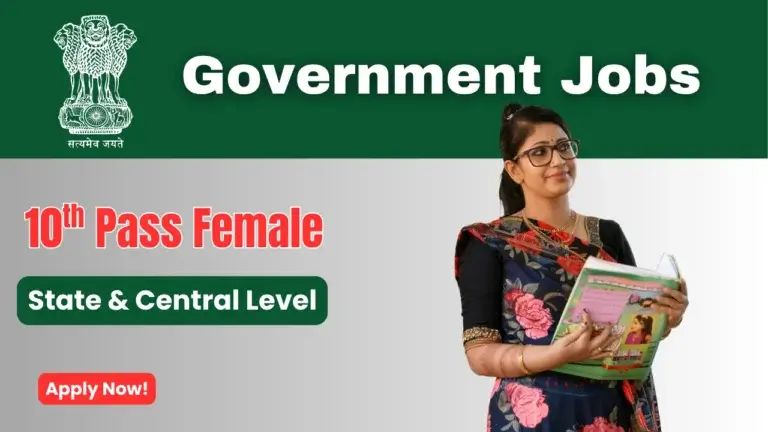Top 10 Skills Students Must Learn in 2025 for Career Success

Last Updated: August 4, 2025 at 11:19 pm
The academic landscape in India is transforming at breakneck speed. While traditional rote learning methods dominated classrooms for decades, today’s students need a completely different skill set to thrive in the modern workforce. The question isn’t whether these skills are important – it’s whether students can afford to ignore them any longer.
From boardrooms in Mumbai to startup hubs in Bangalore, employers are desperately seeking candidates who possess these contemporary competencies. Students who fail to develop these essential abilities will find themselves struggling to compete in an increasingly demanding job market.
1. Digital Literacy and Technology Proficiency
Gone are the days when basic computer knowledge was sufficient. Today’s students must navigate complex digital ecosystems with confidence and expertise.
Core Components:
- Advanced proficiency in productivity software (Microsoft Office, Google Workspace)
- Understanding of cloud computing platforms
- Basic knowledge of emerging technologies like artificial intelligence and blockchain
- Familiarity with digital collaboration tools
Why It Matters: Every sector in India, from healthcare to agriculture, is undergoing digital transformation. Companies like Infosys, TCS, and Wipro consistently report that fresh graduates often lack the technical fluency required for entry-level positions.
Practical Steps:
- Enroll in online certification courses through platforms like Coursera or edX
- Practice creating presentations, spreadsheets, and documents daily
- Join coding bootcamps or workshops in your city
- Experiment with new software and applications regularly
- Explore Microsoft Learn for comprehensive tech skills
- Check out Google Digital Garage for free digital marketing courses
2. Critical Thinking and Problem-Solving Abilities
The ability to analyse complex situations and develop innovative solutions has become invaluable in professional settings across India.
Essential Elements:
- Logical reasoning and analytical thinking
- Creative problem-solving approaches
- Evidence-based decision making
- Ability to question assumptions and challenge conventional wisdom
Real-World Application: Consider how companies like Flipkart and Zomato revolutionised Indian markets by identifying problems and creating unique solutions. This innovative thinking process starts with developing strong critical thinking skills during student years.
Development Strategy:
- Practice case study analysis across different subjects
- Engage in debates and discussions with peers
- Read diverse perspectives on current issues through The Hindu or Indian Express
- Solve puzzles and brain teasers regularly
- Explore Harvard Business Review for case studies and analytical thinking
- Join GovtCareerHub’s Critical Thinking Workshop for structured learning
3. Communication and Interpersonal Skills
Effective communication remains the cornerstone of professional success, particularly in India’s diverse, multilingual work environment.
Key Areas:
- Verbal and written communication in English and regional languages
- Active listening and empathy
- Presentation and public speaking abilities
- Cross-cultural communication sensitivity
Industry Insight: Research by the Confederation of Indian Industry (CII) reveals that poor communication skills are the primary reason many qualified candidates fail job interviews at leading Indian companies.
Improvement Techniques:
- Join debate clubs or Toastmasters International groups
- Practice writing essays and articles regularly
- Volunteer for presentation opportunities
- Engage in group discussions and team projects
- Enroll in GovtCareerHub’s Communication Skills Masterclass
- Practice with Grammarly for written communication improvement
4. Adaptability and Resilience
The modern workplace demands individuals who can navigate uncertainty and bounce back from setbacks with determination.
Core Aspects:
- Flexibility in approach and mindset
- Emotional regulation during stressful situations
- Ability to learn from failures and mistakes
- Openness to change and new experiences
Context: The COVID-19 pandemic demonstrated how quickly circumstances can change. Students who developed strong adaptability skills were better equipped to transition to online learning and remote work environments.
Building Resilience:
- Step outside your comfort zone regularly
- Embrace challenges as learning opportunities
- Develop stress management techniques
- Build a support network of mentors and peers
5. Financial Literacy and Money Management
Understanding personal finance has become crucial for students entering an increasingly complex economic landscape.
Fundamental Concepts:
- Budgeting and expense tracking
- Investment basics and compound interest
- Understanding credit scores and loans
- Insurance and risk management principles
Relevance: With rising education costs and increasing opportunities for entrepreneurship, students must understand financial planning to make informed decisions about their future.
Learning Path:
- Read financial newspapers like Economic Times and Business Standard
- Use budgeting apps like Mint and investment platforms like Zerodha
- Attend workshops on personal finance through National Stock Exchange investor education programs
- Consult with financial advisors or mentors
- Explore GovtCareerHub’s Financial Planning Guide for Students
- Take courses on Khan Academy’s Personal Finance section
6. Leadership and Teamwork Capabilities
The ability to lead and collaborate effectively has become essential for career advancement in competitive Indian markets.
Leadership Components:
- Emotional intelligence and self-awareness
- Delegation and project management skills
- Conflict resolution abilities
- Motivational and inspirational qualities
Team Collaboration:
- Respect for diverse perspectives and backgrounds
- Effective feedback giving and receiving
- Shared responsibility and accountability
- Support for team goals over individual achievements
Development Opportunities:
- Take leadership roles in student organisations
- Participate in group projects and team competitions
- Volunteer for community service initiatives through United Nations Volunteers
- Mentor junior students or peers
- Join GovtCareerHub’s Leadership Development Program
- Explore LinkedIn Learning courses on leadership and teamwork
7. Cultural Competency and Global Awareness
India’s position as a global business hub requires students to understand and appreciate diverse cultures and perspectives.
Important Elements:
- Understanding of different cultural practices and values
- Awareness of global current events and trends
- Sensitivity to diversity and inclusion principles
- Basic knowledge of international business practices
Professional Value: Companies like Mahindra, Reliance, and Tata Group operate across multiple countries and value employees who can work effectively with international teams.
Expansion Methods:
- Study abroad programs through Indian Council for Cultural Relations or cultural exchange initiatives
- Learn additional languages through Duolingo or Babbel
- Follow international news through BBC and Reuters
- Engage with students from different cultural backgrounds
- Explore GovtCareerHub’s Global Awareness Series
- Join Model United Nations programs for international exposure
8. Time Management and Productivity Skills
Effective time management directly impacts academic performance and future career success.
Core Principles:
- Priority setting and task organisation
- Goal setting and achievement tracking
- Procrastination management techniques
- Work-life balance maintenance
Practical Benefits: Students who master time management often achieve better grades while maintaining healthier relationships and pursuing extracurricular interests.
Implementation Strategies:
- Use productivity apps like Todoist and Trello for task management
- Create digital calendars through Google Calendar or Outlook
- Practice the Pomodoro Technique or similar methods
- Set clear boundaries between study and leisure time
- Access GovtCareerHub’s Time Management Toolkit
- Learn from Getting Things Done methodology
9. Entrepreneurial Mindset and Innovation
The startup ecosystem in India continues to expand, creating numerous opportunities for students with entrepreneurial thinking.
Key Characteristics:
- Opportunity recognition and evaluation
- Risk assessment and calculated decision-making
- Resource management and optimisation
- Customer focus and market understanding
Success Stories: Students like Ritesh Agarwal (OYO) and Byju Raveendran (BYJU’S) demonstrated how entrepreneurial thinking can transform simple ideas into billion-dollar companies.
Cultivation Approaches:
- Participate in startup competitions like Smart India Hackathon and local hackathons
- Develop business plans through Startup India resources
- Network with entrepreneurs through TiE (The Indus Entrepreneurs) events
- Experiment with small business ideas or side projects
- Join GovtCareerHub’s Entrepreneurship Bootcamp
- Explore Y Combinator’s Startup School for free entrepreneurship education
10. Continuous Learning and Skill Development
The rapid pace of change in technology and industry requires a commitment to lifelong learning.
Learning Approaches:
- Self-directed learning through online courses and resources
- Professional development through workshops and seminars
- Peer learning through study groups and collaborations
- Experiential learning through internships and projects
Industry Perspective: Companies increasingly value candidates who demonstrate a growth mindset and commitment to ongoing skill development over those who rely solely on formal education credentials.
Sustainable Practices:
- Dedicate time weekly to learning through platforms like SWAYAM (Government of India’s education platform)
- Stay updated with industry trends through Harvard Business Review and MIT Technology Review
- Seek feedback and act on improvement suggestions
- Document learning progress through LinkedIn profiles and portfolios
- Access GovtCareerHub’s Skill Development Roadmap
- Join professional associations relevant to your field of interest
Frequently Asked Questions
Conclusion: Building Your Future-Ready Skill Portfolio
These ten essential skills represent the foundation for success in 2025 and beyond. Students who begin developing these competencies now will find themselves better prepared for the challenges and opportunities that lie ahead.
The key is not to master all these skills simultaneously but to begin building them systematically. Start with areas that align with your interests and career goals, then gradually expand your skill portfolio over time.
Remember that skill development is a continuous journey, not a destination. The students who embrace this mindset and commit to ongoing growth will be the ones who thrive in India’s evolving educational and professional landscape.
The choice is yours: continue with traditional approaches and risk falling behind, or embrace these essential skills and position yourself for success in the dynamic world of 2025.
This article was published on GovtCareerHub.com, India’s leading platform for career guidance and skill development resources. For more insights on building essential career skills, visit our comprehensive resource library.
Related Articles:
- Top Government Job Opportunities for Students in 2025
- Essential Career Planning Guide for Indian Students
- How to Prepare for Competitive Exams in the Digital Age
- Interview Preparation Tips for Government Jobs
- Digital Marketing Skills for Career Growth
External Resources:
- Ministry of Education’s Digital India Initiative
- Skill India Official Portal
- National Career Service Portal
- All India Council for Technical Education (AICTE)
- University Grants Commission (UGC)
- National Skill Development Corporation
- Pradhan Mantri Kaushal Vikas Yojana
- NASSCOM Future Skills Platform

